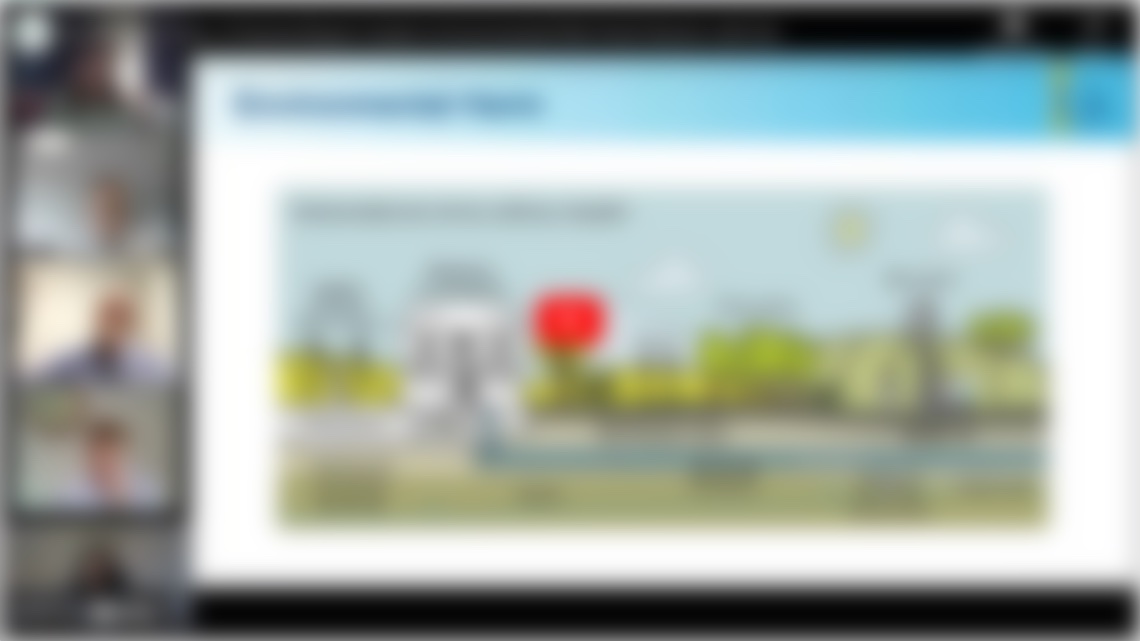Are institutions trusted to be competent? Do people believe they are truly ethical? And what does this mean for the evolving risk landscape of organisations?
Julia Graham, Airmic deputy CEO, is joined by Matt Reeves, AXA XL Client Distribution Leader to discuss these key questions arising from the recently published 2020 Edelman Trust Barometer report. They will be looking at the outcome of the Edelman study against the potential impacts on risk management, as well as how these results should be driving conversations about trust within corporations.
Institutions are lacking in competence and ethical behaviour, which is having a detrimental impact on trust
The 2020 Edelman Trust Barometer reveals that despite a strong global economy and near full employment, none of the four societal institutions that the study measures—government, business, NGOs and media—is trusted. The cause of this paradox can be found in people’s fears about the future and their role in it, which are a wake-up call for our institutions to embrace a new way of effectively building trust: balancing competence with ethical behavior.
Since Edelman began measuring trust 20 years ago, it has been spurred by economic growth. This continues in Asia and the Middle East, but not in developed markets, where income inequality is now the more important factor. A majority of respondents in every developed market do not believe they will be better off in five years’ time, and more than half of respondents globally believe that capitalism in its current form is now doing more harm than good in the world.
The result is a world of two different trust realities. The informed public—wealthier, more educated, and frequent consumers of news—remain far more trusting of every institution than the mass population. In a majority of markets, less than half of the mass population trust their institutions to do what is right. There are now a record eight markets showing all-time-high gaps between the two audiences.

